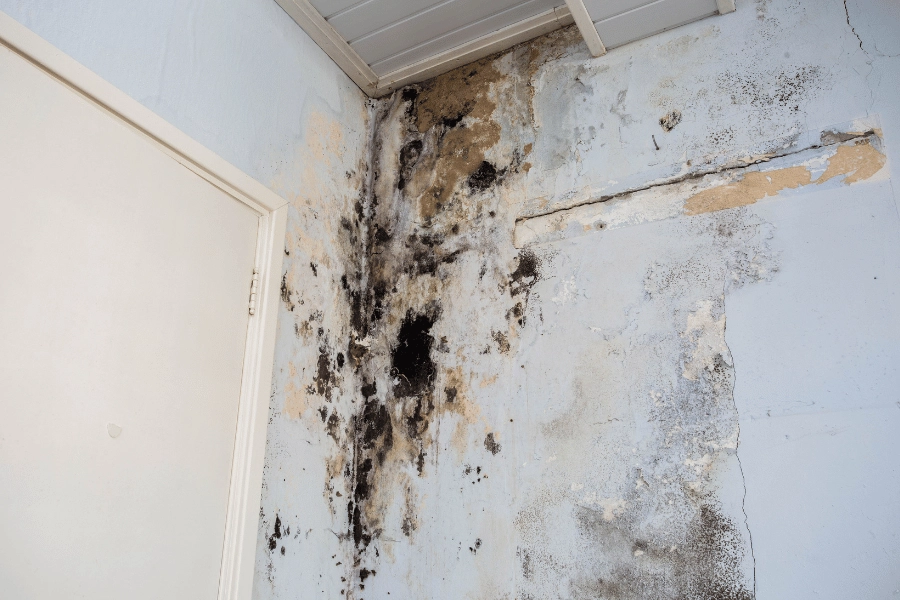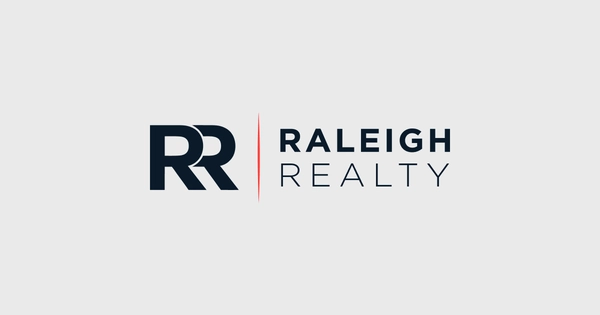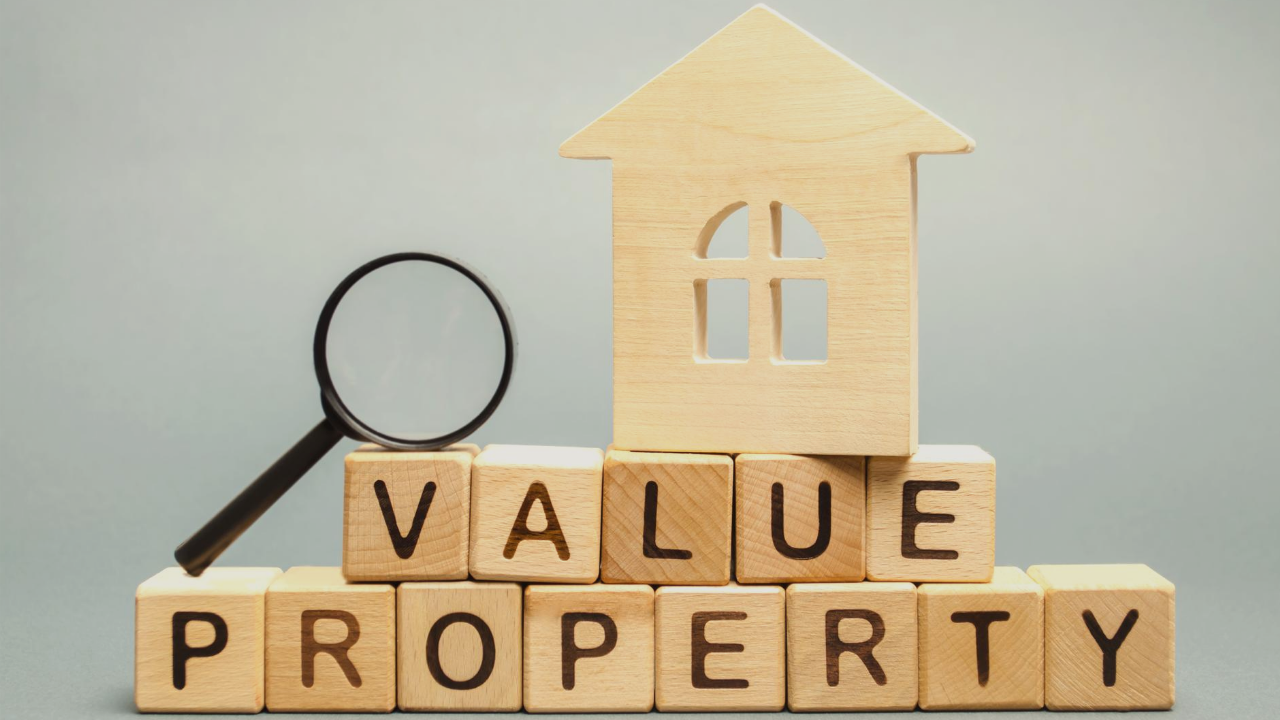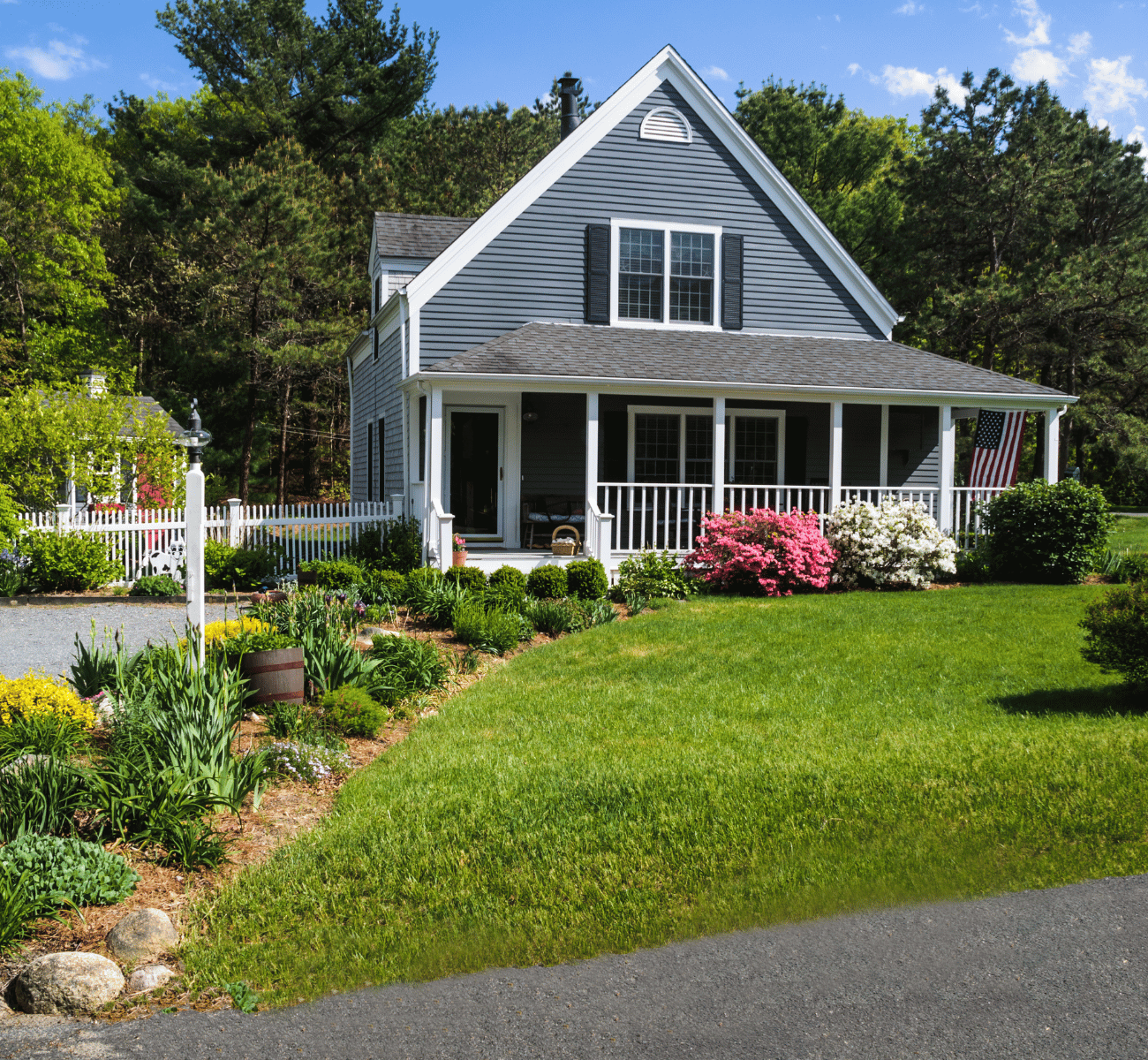Essential Things to Know BEFORE Your Home Appraisal
What is a home appraisal? Here is what you want to know about your home appraisal and its role when buying a home!
After spending several weeks touring, you have finally found the home of your dreams. The seller accepts your offer, and you are officially under contract. The home will be marked contingent.
Your mortgage lender informs you of the next step in the process: the home appraisal. While the process may sound intimidating, there is no reason to be alarmed. All mortgage lenders typically require a home appraisal, which is a necessary step in securing a loan to purchase a property.
Whether you're buying your first home or selling your family property, understanding the home appraisal process is crucial to a successful real estate transaction. Here's everything you need to know about home appraisals.
This is what you need to know about a home appraisal.
1. What Exactly is a Home Appraisal?
A home appraisal is an unbiased, professional assessment of your property's current market value conducted by a licensed appraiser. Unlike a real estate agent's comparative market analysis (CMA), which provides an estimated selling price, an appraisal serves as the official valuation that lenders use to determine how much they're willing to loan on a property.
The appraiser acts as an independent third party, analyzing your home's condition, features, and location against recent sales of similar properties in your neighborhood. This process protects both the buyer and lender by ensuring the loan amount doesn't exceed the home's actual worth.
Home appraisals are also ideal for buyers because they determine if the seller is asking for more money on a home than it is worth. While home appraisals are commonly requested when a buyer prepares to purchase a property, homeowners may also be required to obtain an appraisal when refinancing their mortgage.
It is essential to note that mortgage discrimination in North Carolina and throughout the United States is illegal. Mortgage lenders are legally required to abstain from discriminating against a borrower based on sex, religion, race, marital status, disability, age, national origin, or use of public assistance.
.png)
2. How Much Does a Home Appraisal Cost?
The average home appraisal costs $358, with most falling in the $314-$423 range. The exact cost depends on several factors:
- Property size and complexity: Larger homes or unique properties require more time and expertise
- Property type: Single-family homes cost less than condos or multi-family properties
- Location: Rural properties in Wake or Durham County may cost more due to travel time
- Rush orders: Expedited appraisals can cost 50-100% more
Luxury homes over $1 million or properties with special features like acreage, pools, or custom construction may require specialized appraisers and cost $800-$1,500 or more.
3. How Long Does a Home Appraisal Take?
The timeline has two parts: scheduling and completion. Currently in the Raleigh market, appraisals are typically scheduled within 7-14 days of ordering, though this can extend during busy seasons like spring and summer.
The actual appraisal visit usually takes:
- 30-60 minutes for typical single-family homes
- 60-90 minutes for larger or more complex properties
- 2+ hours for luxury homes or properties requiring extensive documentation
After the visit, expect the written appraisal report within three to seven business days. However, complex properties or those requiring additional research may take up to 10 days. Plan for a total timeline of 10-21 days from order to completed report.
While at your home, they will photograph every room, including the garage and home’s exterior. They will also take measurements of various aspects of the home. In addition to doing a physical inspection, the appraisal company will also do a comparative financial analysis of other homes in the area and assess how much they sold for.

4. What Do Appraisars Look for During Their Visit?
Appraisers conduct a systematic evaluation both inside and outside your home. When an appraiser walks through the home they will take photographs of each room, take detailed notes, and take measurements. Here's what they're assessing:
Signs of disrepair
When conducting a home appraisal, an appraiser will generally look for considerable signs of disrepair. They will look at the walls, floors, carpeting (if applicable), kitchen appliances, bathrooms, materials used throughout the home, HVAC system, roof, and overall exterior.
Generally, they are looking for items that are a safety hazard, broken, and/or malfunctioning of both exterior and interior elements.
Water damage
The presence of water indicates that mildew or mold may be found in the home. For that reason, the appraiser will assess the condition of the walls, floors, ceilings, attic, basement (if applicable), and other home areas for water damage.
If minimal water damage appears on your appraisal report, you may be able to repair the problem on your own to put the buyer at ease. Signs of water damage typically include water stains in the ceilings, walls, and/or floors and are an essential element in the appraisal process, as mold poisoning is exceptionally toxic to those exposed for an extended period.

Size of the home
In addition to looking at the physical home, they will also consider the square footage, bedroom count, upgrades in the house, and other property details.
In addition to the home’s square footage, the appraiser will consider the size of the home’s garage and the size of the lot the house sits on. Of course, those factors will not all be considered if it is an apartment.
Infestation
Any signs of infestation will negatively impact the appraisal report, as that is a safety problem. Pests, especially termites, can do considerable damage to a home’s structure, so an appraiser will look for any signs of unwanted visitors along with the windows, ceilings, and floors.
Comparable properties
The appraiser will analyze homes in the surrounding neighborhood and consider their sale prices. If you are planning to buy a $400,000 house but other homes in the neighborhood that are similar in size sold for $350,000, your mortgage lender may only be willing to lend you $350,000.
If that happens, your real estate agent will have to negotiate with the seller to see if they will bring their sale price down to $350,000. If they don’t budge on price, you will either have to come up with the $50,000 your mortgage lender won’t loan you, or you will, unfortunately, have to walk away from the deal altogether.
5. How to Prepare for a Home Appraisal
Homeowners can take several steps to prepare for a home appraisal, and providing the appraiser with the necessary information can help expedite the appraisal process.
Additionally, the more information the appraiser has about your home, the more accurate the appraisal process will be. Some items included in the link below may be difficult to access.
Smart preparation can positively impact your appraisal value. Focus on these key areas:
Clean and Declutter:
- Deep clean the entire house, paying special attention to kitchens and bathrooms
- Remove personal items and excess furniture to make spaces appear larger
- Ensure all rooms are accessible and well-lit
Complete Minor Repairs:
- Fix leaky faucets, running toilets, or dripping pipes
- Replace burnt-out light bulbs and ensure all switches work
- Touch up paint on walls and trim
- Repair squeaky doors or loose handrails
- Clean or replace dirty HVAC filters
Enhance Curb Appeal:
- Mow the lawn and trim bushes
- Plant seasonal flowers or add mulch to beds
- Clean gutters and pressure wash exterior surfaces
- Ensure house numbers are clearly visible
Gather Documentation:
- List of recent improvements with dates and costs
- Permits for major renovations or additions
- Information about HVAC system, roof, or appliance ages
- HOA documents if applicable
.png)
6. Should You Guide the Appraiser Through Your Home?
This is a nuanced decision that depends on your situation. Generally, it's acceptable to be present, but avoid being overly involved.
If you are selling your home through a real estate agent, your agent can accompany the appraiser and tour them through the home.
Here's the balanced approach we recommend:
When to Be Present:
- If you have extensive knowledge about recent renovations
- When your home has unique features that aren't immediately obvious
- If you need to provide access to certain areas (basements, attics, locked rooms)
Best Practices if You Stay:
- Let the appraiser work independently while remaining available for questions
- Point out improvements or features they might miss, but don't be pushy
- Provide your documentation packet early in the visit
- Keep pets secured and children occupied
When to Leave:
- If you tend to be nervous or overly talkative
- When the appraiser requests privacy (some prefer to work alone)
- If your presence seems to make the appraiser uncomfortable
Remember, professional appraisers are trained to be objective. Your presence shouldn't significantly impact their assessment if you remain respectful and helpful rather than directive.
7. Who Pays for a Home Appraisal?
In most transactions, the buyer pays for the appraisal as part of their loan process, typically at closing or sometimes upfront when ordered. The payment responsibility should be clearly outlined in your purchase contract.
The appraisal cost is typically non-refundable if the sale doesn’t go through. If you are refinancing your mortgage, you will typically be responsible for paying for the home appraisal.
Buyer-Paid Scenarios (Most Common):
- Purchase transactions with financing
- Refinance appraisals
- FHA, VA, or conventional loans
Seller-Paid Situations:
- When negotiated as part of closing cost concessions
- In some investor or cash-back-out refinances
- Occasionally in competitive markets as a buyer incentive
Other Arrangements:
- Cash buyers may order appraisals for their own protection
- In some cases, buyers and sellers split appraisal costs
- Estate sales or divorce situations may have unique arrangements
8. What Can Hurt Your Home Appraisal?
Several factors can negatively impact your appraisal, some within your control and others not:
Property-Specific Issues:
- Deferred maintenance (peeling paint, broken fixtures, worn flooring)
- Outdated kitchens or bathrooms that haven't been updated in decades
- HVAC, plumbing, or electrical problems
- Poor layout or awkward room configurations
- Strong odors from pets, smoking, or cooking
External Market Factors:
- Lack of recent comparable sales in your neighborhood
- Declining local market conditions
- Nearby construction, noise, or environmental concerns
- Economic factors affecting the broader Raleigh market
Documentation Problems:
- Unpermitted additions or renovations
- Incomplete or poor-quality previous work
- Zoning violations or code issues
Timing Challenges:
- Seasonal market fluctuations
- Appraiser unfamiliarity with your specific neighborhood
- Rush orders that don't allow thorough research
9. What Increases the Appraisal Value of a Home?
Understanding what adds value in the Triangle market can help you make strategic improvements:
High-Impact Updates:
- Kitchen renovations: Modern appliances, granite/quartz counters, and quality cabinets
- Bathroom remodels: Updated fixtures, tile work, and vanities
- Flooring upgrades: Hardwood, luxury vinyl plank, or quality tile replacing carpet
- Fresh paint: Neutral colors throughout make homes feel updated and well-maintained
Raleigh-Specific Value Drivers:
- Energy efficiency: Solar panels, high-efficiency HVAC systems, and good insulation are increasingly valued
- Outdoor living spaces: Decks, patios, and screened porches are popular in our climate
- Smart home features: Programmable thermostats, security systems, and smart lighting
- Storage solutions: Built-in closet systems and adequate storage space
Location Advantages:
- Proximity to Research Triangle Park employers
- Access to quality Wake County or Durham County schools
- Walkable neighborhoods with amenities
- Easy access to I-40, I-440, or other major commuter routes
Functional Improvements:
- Additional bathrooms (especially important for homes with only one)
- Finished basements or bonus rooms
- Garage additions or carport installations
- Fence installation for privacy and pet safety
.png)
Methodology
Data was sourced from Angi and the National Association of Realtors to determine what you need to know before a home appraisal.
FAQs
Do weeds affect a home appraisal?
Yes, weeds and overgrown landscaping can negatively impact a home appraisal. It is essential to pay attention to curb appeal.
What do appraisars look at the most?
Home appraisars pay attention to the interior and exterior of a home but particularly focus on the quality of the roofing, foundation, and basement.
Key Takeaways on the Home Appraisal Process
The home appraisal is a crucial and necessary step in the home buying, selling, or refinancing process. The home appraisal process doesn't have to be stressful when you understand what to expect.
Whether you are buying in Raleigh or selling, proper preparation and realistic expectations are key to appraisal success. Remember that while you can't control market conditions or comparable sales, you can ensure your home shows its best and is properly documented.
Are you ready to buy or sell in the Raleigh area? Contact Raleigh Realty today to work with agents who understand the local market and will guide you through every step of the process, from initial consultation through successful closing.




